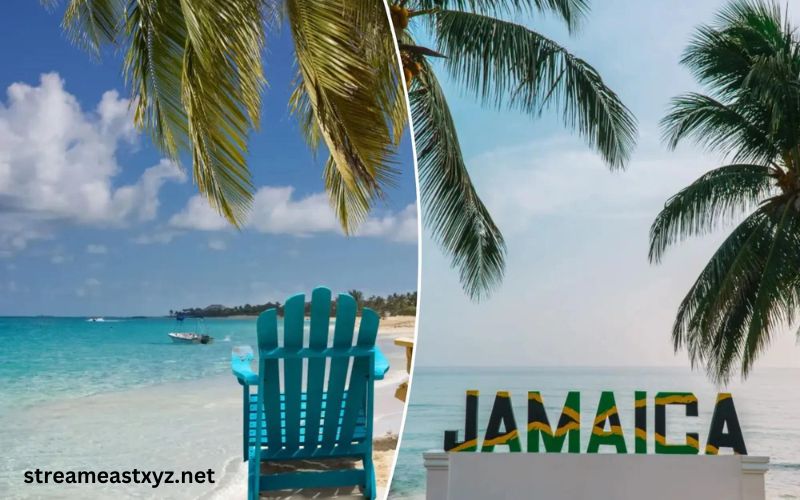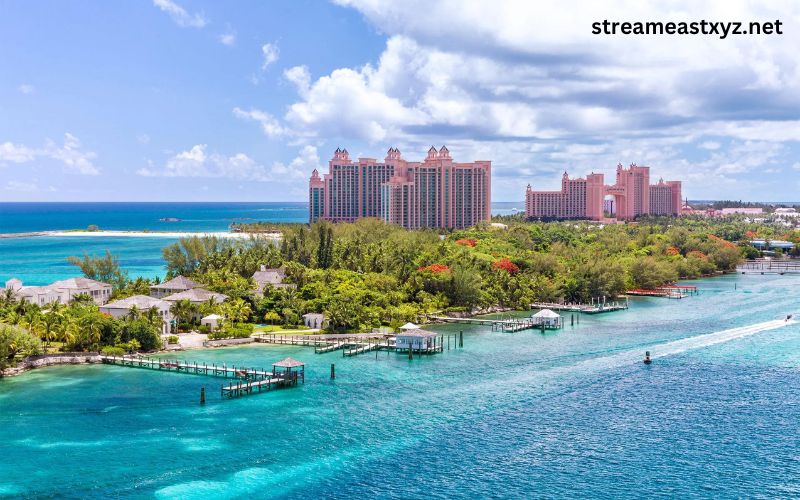Traveling is an enriching experience that offers you the chance to explore new cultures, indulge in different cuisines, and create a cache of memories. However, with the shifting landscapes of international relations, health concerns, and safety issues, it’s crucial to stay informed about the places you plan to visit.
In this comprehensive guide, we’ll delve into the nuances of the Bahamas Jamaica travel advisory and provide you with the tools to ensure a safe and enjoyable journey. Whether you’re a seasoned traveler or planning your first trip to these tropical paradises, this article will equip you with the knowledge needed to make informed decisions.
Introduction to Travel Advisories
The Role of Travel Advisories
Travel advisories are official statements issued by governments to inform their citizens about the safety of traveling to specific countries or regions. These advisories can range from general travel tips to warnings about avoiding travel to a country altogether.
Why They Matter
You should regard travel advisories with utmost importance as they are based on a comprehensive assessment of potential risks. These risks can include political instability, natural disasters, pandemics, terrorism, and crime.
How to Interpret Them
Interpreting travel advisories requires understanding the different levels of warnings and what they imply. Countries are often rated on a scale, with Level 1 indicating standard precautions and Level 4 suggesting you do not travel.
Understanding the Bahamas Jamaica Travel Advisory
The Specifics of the Advisory
The Bahamas Jamaica travel advisory pertains to concerns specific to traveling between these two popular Caribbean destinations. It encompasses a variety of concerns from health risks like Zika virus to crime rates in certain areas.
What It Means for Travelers
As a traveler, this advisory alerts you to the potential risks and provides guidance on how to mitigate them. It is crucial to understand the content of the advisory thoroughly to make informed decisions about your travel plans.
The Authorities Behind the Advisory
Travel advisories are typically issued by the government of your home country, such as the U.S. State Department or the UK Foreign Office. These agencies have the resources to closely monitor global situations and provide reliable advice.

Current Travel Restrictions and Safety Concerns
Entry and Exit Requirements
You must be aware of visa requirements, COVID-19 regulations, and any other entry or exit controls currently in place. These can affect both your ability to enter the Bahamas and Jamaica and your return to your home country.
Health Risks and Safety Measures
In the context of the pandemic and other health concerns, understanding vaccination requirements and local health advisories is essential. Additionally, knowing the safety measures for each country can protect you from health risks.
Crime and Security Issues
Crime rates, areas to avoid, and tips on staying safe are part of the safety concerns that travel advisories cover. Paying attention to these can prevent unpleasant experiences and ensure your security while traveling.
Important Considerations for Travelers
Cultural Sensitivity and Legalities
Each country has its own set of cultural norms and legal regulations. It’s your responsibility to familiarize yourself with these to avoid any unintentional offense or legal trouble.
Environmental Factors
The Caribbean is subject to hurricanes and tropical storms. Being aware of the seasonal risks and having a contingency plan is crucial for your safety.
Currency and Connectivity
Understanding the local currency, exchange rates, and availability of ATMs will help you manage your finances abroad. Additionally, knowing the connectivity options can keep you in touch with family and friends.
Tips for Navigating the Travel Advisory
Stay Informed
Regularly check the travel advisory for any updates or changes. Staying informed helps you to adapt your travel plans accordingly.
Heed Local Advice
Local authorities and residents have the most current information about their area. Heeding their advice can keep you out of harm’s way.
Be Flexible
Travel advisories can change rapidly, and being flexible with your plans can save you from last-minute scrambles and potential disappointment.
How to Stay Updated on the Latest Travel Advisories
Government Websites and Apps
Your government’s travel advisory page is the most authoritative source for the latest updates. Some governments offer apps that push notifications directly to your phone.
Travel Forums and Social Media
Travel forums and social media can offer real-time insights from fellow travelers. However, always cross-reference this information with official sources.
News Outlets
Keeping an eye on international news can provide a broader context for the travel advisories and inform you of any impending situations that may affect your travel plans.
Alternative Destinations for Travelers
Exploring Similar Options
If the Bahamas and Jamaica are under strict advisories, consider alternative destinations with similar attractions but lower risk factors.
Cultural and Adventure Tourism
Destinations that offer rich cultural experiences or adventure tourism can be exciting alternatives. Researching these can lead you to discover unexpected and rewarding journeys.
Local Travel
Sometimes the best experiences are closer to home. Exploring local destinations can satisfy the urge to travel while adhering to travel advisories.
Travel Insurance and Cancellation Policies
The Importance of Travel Insurance
Travel insurance is a must as it can cover unexpected medical expenses, trip cancellations, and lost luggage. Ensure that your policy covers the risks highlighted in the travel advisory.
Understanding Cancellation Policies
Before booking any part of your trip, familiarize yourself with the cancellation policies. This knowledge can save you from financial losses if you need to alter your travel plans.
Flexible Booking Options
Opt for flexible booking options where possible. Many airlines and hotels now offer bookings with free cancellation or rescheduling options due to the constantly changing travel landscape.
Personal Experiences and Recommendations
First-Hand Accounts
Personal experiences provide valuable insights that might not be covered in official advisories. Seek out blogs, videos, or personal stories from those who have recently visited the Bahamas and Jamaica.
Recommendations from Locals
Locals can offer recommendations on safe places to visit, stay, and dine. Establishing connections with local communities can enrich your travel experience and ensure safety.
Learning from Others’ Mistakes
Pay attention to the experiences of others, particularly the challenges they faced. Learning from their mistakes can help you avoid similar pitfalls.
Conclusion
Navigating the Bahamas Jamaica travel advisory requires diligence, flexibility, and an understanding of the broader context of your travel destination. By staying informed, respecting local cultures and laws, and preparing for the unexpected, you can ensure a safe and memorable journey.
Whether you decide to proceed with your travel plans or consider alternative destinations, remember that the joy of exploration and the thrill of adventure are always within reach. Keep the spirit of discovery alive and embrace the ever-changing nature of travel with caution and excitement. Safe travels!




